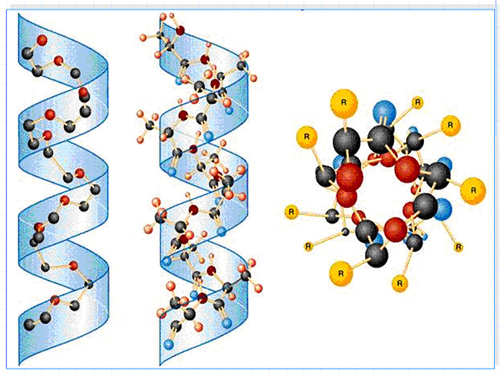Just as the invention of non-stick pans was a boon to chefs, researchers from Cornell University and Rensselaer Polytechnic Institute have collaborated to develop a new type of nanoscale surface that is free of bacteria and will be used in the food processing, medical, and transportation industries. There will be great application prospects. The research results were published in the latest issue of Biodeposition. Antimony Trioxide,Antimony Trioxide Powder,Environment-Friendly Antimony Trioxide,Flame Retardant Synergistic Agent HUNAN ZHONGNAN ANTIMONY&TUNGSTEN TRADING CO.,LTD , https://www.znat.com.cn
The study was funded by the U.S. Department of Agriculture. Anodic treatment is used technically to create an electrochemical process of nanopores that alters the charge and surface energy of the metal surface, thereby repelling bacterial cells and preventing the formation of adherent biofilms. These pores can be as small as 15 nanometers, and a piece of paper is about 100,000 nanometers thick.
It was reported that when the anodization process was applied to aluminum, it created a porous surface called alumina and was shown to effectively prevent two representative pathogens: E. coli O157:H7 and Listeria monocytogenes. Bacteria attached. Carmen Moraru, the paper’s lead author and associate professor of food science, said: “This may be one of the possibilities for the lowest cost of manufacturing nanostructures on metal surfaces.â€
The key to finding low-cost solutions is to limit bacterial attachments, especially in biomedical and food processing applications. Moraru said that anodized metal can be used to prevent the formation of biofilm on biomedical cleanrooms and equipment accessories that are difficult to clean, that is, smooth bacterial communities adhere to the surface and are difficult to remove.
Moraru said that the use of chemicals and fungicides can also limit the adhesion of bacteria to the surface, but these methods have a limited range of applications, especially in the field of food processing. In food processing, the surface must comply with food safety guidelines. Anodized metals also have applications in the ocean, such as keeping the hull free of algae. Future work will examine the repellent effects of such surfaces on other bacteria, and whether other anode materials can also be used for this purpose.